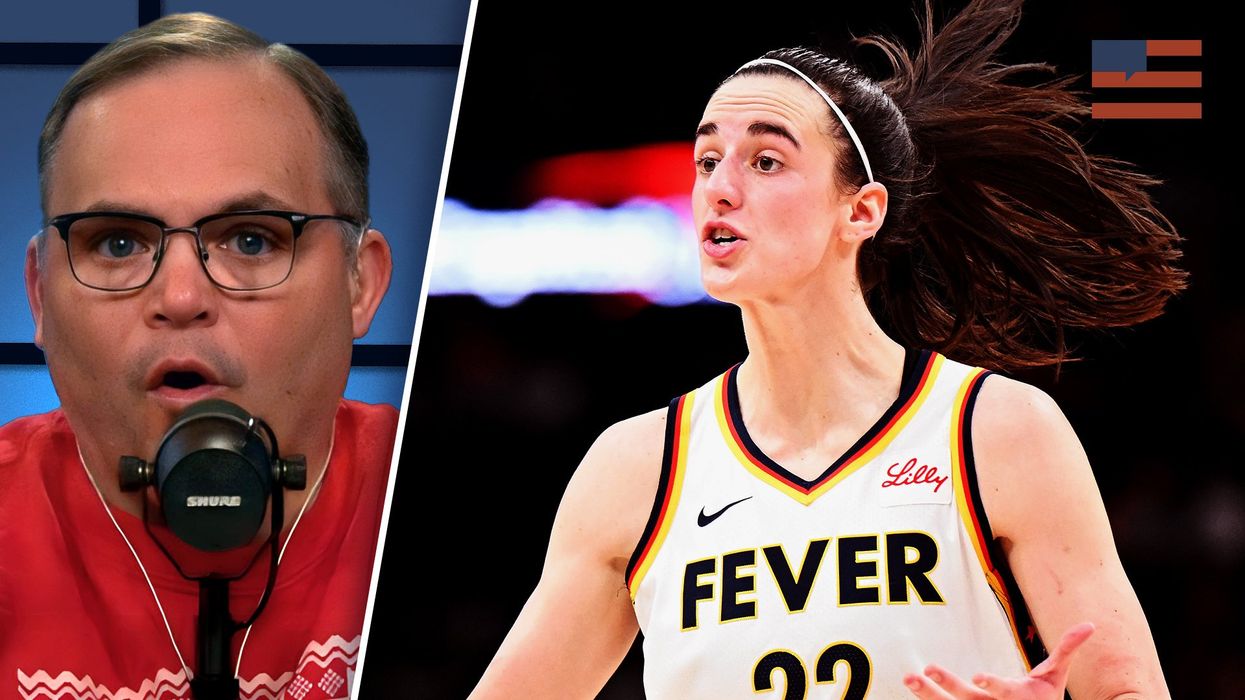
MOSCOW (The Blaze/AP) -- Vladimir Putin on Saturday agreed to run for the Russian presidency in 2012, almost certainly ensuring his return to the office he previously held for eight years and likely foreshadowing more years of strongman rule. His United Russia party also approved his proposal that current President Dmitry Medvedev take over his Putin's role as prime minister.
The Blaze reported back in May on the possibility that Putin would try to retake the presidency in 2012.
Putin ruled Russia as president from 2000-2008 with a steely command that was widely criticized in the West as a retreat from democracy. Because constitutional changes have extended the presidential term to six years from four, Putin's power is likely to be even more enhanced. If he wins two terms in a row, Putin will have been atop the Russian hierarchy for almost a quarter century.
Putin's nomination at a congress of the United Russia party end months of intense speculation as to whether he would seek to return to the Kremlin or whether he would allow the more mild-mannered and reform-leaning Medvedev to seek another term in next year's election.
Despite apparently growing discontent among ordinary Russians with the party, United Russia exerts such an overwhelming presence in the country's politics that Putin's election and Medvedev's switch to the premiership is virtually ensured.
Not only have genuine opposition parties been marginalized, but Putin's personal popularity is immense among Russians who laud him as the strong and decisive figure needed by a sprawling country troubled by corruption, an Islamist insurgency and a vast gap between the impoverished and the grandiosely super-rich.
The presidential election, for which a date has not been set, is preceded by national parliamentary elections on Dec. 4, in which United Russia will seek to retain its dominance; the party has 312 of the 450 seats in the current parliament.
Putin started a carefully orchestrated series of maneuvers at Saturday's session of the party congress by proposing that Medvedev head the party list for the December elections. Medvedev then proposed that Putin be the party's presidential candidate, and Putin returned to the stage to accept the proposal and express support for Medvedev as prime minister.
The congress approved the moves with no apparent opposition.
Moving Medvedev to the premiership could set him up to take the brunt of criticism for austerity measures that Putin has warned will be necessary for Russia amid global economic turmoil.
Putin also proposed Saturday that Russia's richest citizens face higher taxes. The flat income tax that came into effect during Putin's 2000-2008 presidency has been widely praised as improving tax collection and Putin's proposal would not change that, but he called for increases in consumption and real estate taxes that hit the rich comparatively harder.
The period for formal submission of presidential candidates' names has not yet begun, and it is unclear who might choose to challenge Putin for president.
Putin became prime minister in 2008 after two terms as president, stepping aside because of constitutional term limits, but as Russia's most powerful and popular politician he nonetheless overshadowed Medvedev, his handpicked successor in the presidency.
Medvedev was widely seen as a caretaker figure. As president, he has struck a reformist posture, calling for improvements in Russia's unreliable court system and for efforts against the country's endemic corruption. But his initiatives have produced little tangible result.
Putin, who built his popularity on the back of strong economic growth, told the party congress on Friday that salaries and pensions would continue to grow, and he promised increased funding for education, health care and housing.
But he also cautioned that the government may need to take unpopular steps to cope with the global financial turmoil.
"The task of the government is not only to pour honey into a cup, but sometimes to give bitter medicine," Putin said. "But this should always be done openly and honestly, and then the overwhelming majority of people will understand their government."
During his time as prime minister, Putin has been known to arm wrestle, attempt to bend frying pans and perform Fats Domino songs in concert.




